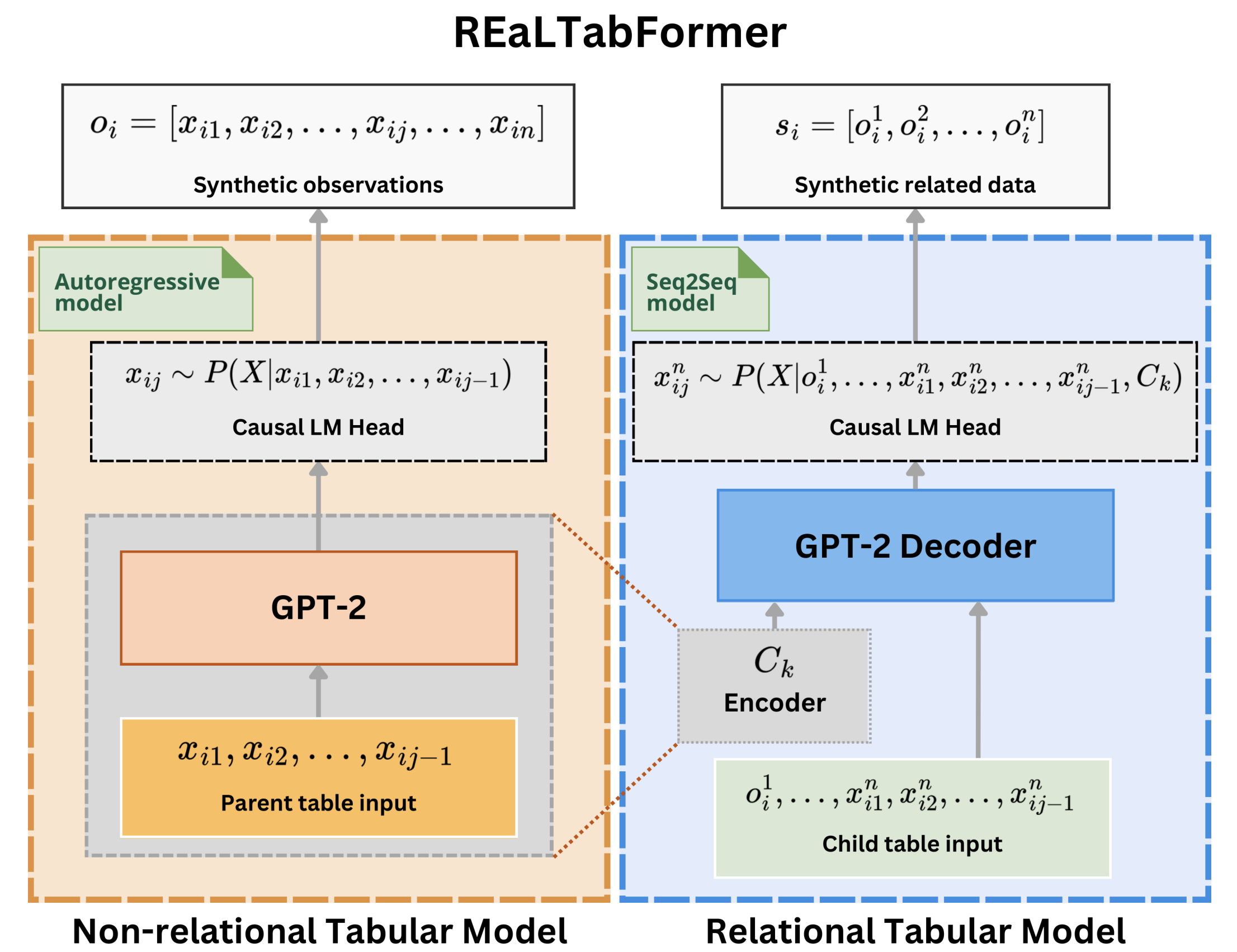Source code for realtabformer.rtf_datacollator
from dataclasses import dataclass
from typing import Optional
import numpy as np
import torch
@dataclass
[docs]class RelationalDataCollator:
"""
Data collator that will dynamically pad the inputs received, as well as the labels.
Adopted from the DataCollatorForSeq2Seq:
https://github.com/huggingface/transformers/blob/v4.24.0/src/transformers/data/data_collator.py#L510
Args:
max_length (`int`, *optional*):
Maximum length of the returned list and optionally padding length (see above).
pad_to_multiple_of (`int`, *optional*):
If set will pad the sequence to a multiple of the provided value.
This is especially useful to enable the use of Tensor Cores on NVIDIA hardware with compute capability >=
7.5 (Volta).
label_pad_token_id (`int`, *optional*, defaults to -100):
The id to use when padding the labels (-100 will be automatically ignored by PyTorch loss functions).
return_tensors (`str`):
The type of Tensor to return. Allowable values are "np", "pt" and "tf".
"""
[docs] max_length: Optional[int] = None
[docs] pad_to_multiple_of: Optional[int] = None
[docs] label_pad_token_id: int = -100
[docs] return_tensors: str = "pt"
[docs] def __call__(self, features, return_tensors=None):
if return_tensors is None:
return_tensors = self.return_tensors
labels = (
[feature["labels"] for feature in features]
if "labels" in features[0].keys()
else None
)
# We have to pad the labels before calling `tokenizer.pad` as this method won't pad them and needs them of the
# same length to return tensors.
if labels is not None:
max_label_length = max(len(label) for label in labels)
if self.pad_to_multiple_of is not None:
max_label_length = (
(max_label_length + self.pad_to_multiple_of - 1)
// self.pad_to_multiple_of
* self.pad_to_multiple_of
)
for feature in features:
remainder = [self.label_pad_token_id] * (
max_label_length - len(feature["labels"])
)
if isinstance(feature["labels"], list):
feature["labels"] = feature["labels"] + remainder
else:
# Pad always at the right.
feature["labels"] = np.concatenate(
[feature["labels"], remainder]
).astype(np.int64)
labels = [feature["labels"] for feature in features]
input_ids = [feature["input_ids"] for feature in features]
if return_tensors == "np":
labels = np.vstack(labels)
input_ids = np.vstack(input_ids)
elif return_tensors == "pt":
labels = torch.vstack([torch.tensor(label) for label in labels])
input_ids = torch.vstack([torch.tensor(ii) for ii in input_ids])
elif return_tensors == "tf":
raise ValueError("Tensorflow tensor is not supported yet.")
return dict(
labels=labels,
input_ids=input_ids,
)
